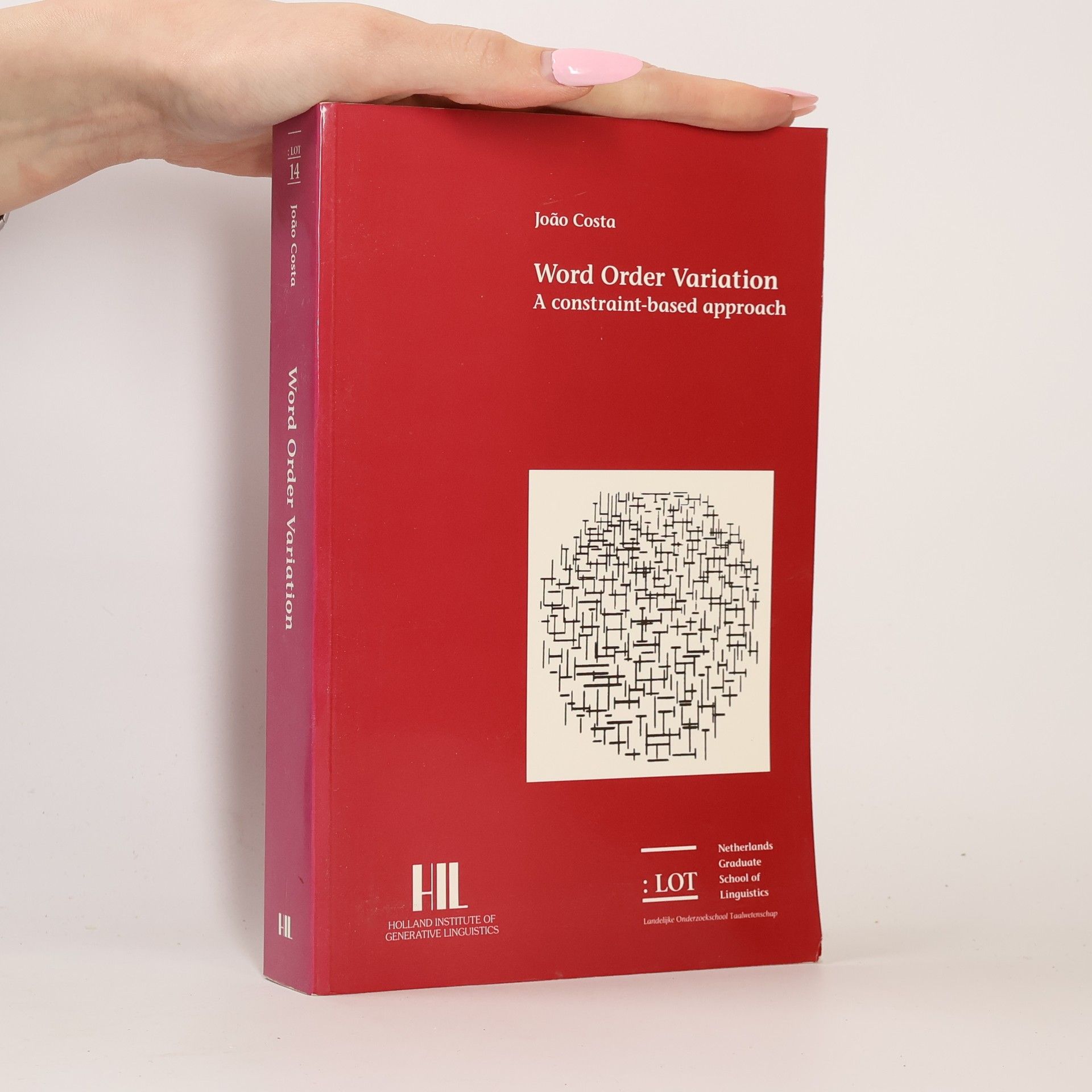Health as a social system
- 198 stránek
- 7 hodin čtení
While it has become fashionable in the arena of international health to think about health systems, the theoretical underpinning of Niklas Luhmann's vast and productive theory has been given too little consideration in the field. It is rich in concepts that can facilitate a fuller understanding of what health systems are. João Costa applies these concepts and shows the analytical possibilities they open up. He argues concisely how Luhmann's Social Systems Theory offers an integrated theoretical body as well as a consistent articulation of concepts that can lay the groundwork for a vastly improved health systems thinking.

